When the Supreme Court reversed affirmative action in June, the controversial decision effectively ended race-conscious college admissions — at least how it had been traditionally practiced. In the months that have followed, colleges have changed their college admissions policies, raising questions about how the ruling might impact the corporate pipeline.
The court’s decision threatens to reduce the number of nonwhite students, particularly at Ivy League schools, where the highest paying finance and consulting firms typically find new hires. Accordingly, some DEI experts recommend employers recruit further afield to continue to attract a diverse pool of candidates. But this would mean disrupting structural recruiting pipelines and networks built around the Ivy League, and other top-ranked universities, that have powered the highest levels of government, finance, law, and medicine for centuries.
“It remains to be seen just how the Court’s decision will impact the power of an Ivy League degree, but I do not anticipate a stampede to [lower ranked] programs by Goldman et al any time soon,” said Mary Banks, director of admissions consulting at Quad Education. “It’s a simple recruitment strategy to focus on eight schools where you know all the academic boxes have been checked.” In fact, most experts still recommend that women who want to be executive leaders or high-earners pursue the most prestigious education they can access or afford for their college admissions.
That recommendation is, as of now, backed by data. One study by research firm Opportunity Insights found that Ivy League and Ivy+ students are 60% more likely to reach the top 1% of earners in the country, nearly twice as likely to attend top graduate schools, and three times as likely to work at a prestigious firm. A recent Wall St. Journal report found that a degree from University of Pennsylvania added nearly $85,000 to a graduate salary, with Princeton following close behind at $82,000, and Columbia at $71,000.
A Shift in Strategy
In light of the Supreme Court decision, many of the Ivies themselves have already adjusted their college admissions efforts so they can continue to identify applicants with diverse experiences. Margaret M. Kelly, Partner & COO at Advantage Ivy Tutoring, notes that new diversity-oriented prompts have now appeared in the supplemental applications of Harvard, Dartmouth, and Brown, among most other Ivy and Ivy+ schools. In her research, only the UC schools and the University of Chicago have declined to follow suit.
“High-achieving students will be able to signal the vital diversity they’d bring to the Ivies even if they can no longer check a box to that effect,” Kelly says.
While that might mean employers will still have a diverse pool of potential employees, the total impact won’t be seen for at least four years (if not more), so companies need to maintain a long-term vision for their DEI goals — and double down on their efforts if these colleges miss the mark.
Where the Ivy League Falls Short
Though the Ivies might continue to be a source of trusted talent, the correlation between an Ivy-league education and actual on-the-job performance at the highest levels remains unproven. In fact, there’s one position where the Ivies consistently fall short: the Chief Executive Officer. A recent analysis of the Fortune 500 finds that their CEOs tend to attend a much wider range of colleges, or even no college at all. Among the 2023 Fortune 100 CEOs, only 11.8% attended an Ivy League as undergrads, and only 9.8% hold an MBA from an Ivy.
When it comes to the top revenue producing companies in the country, the stats are even more telling. Of the 20 top revenue producing companies in the list, 14 went to public schools, and only Amazon’s current CEO attended an Ivy for undergrad at all.
“Employers will lose out on some of the country’s best talent if they only continue to source it from schools (like those in the Ivy League) whose students come from a very narrow pool,” says Gena Cox, Ph.D., Founder at Feels Human. “HBCUs should be on the shortlist of companies looking for well-prepared women. They have a unique and powerful impact.” She herself earned her bachelor’s degree at an HBCU and felt that it increased her readiness for grad school.
What Leaders Need to Know
As has always been the case, an Ivy isn’t necessarily a predictor of positive performance in the workplace. “We all have worked with people possessing those credentials who were ineffective leaders and poor innovators,” says Dr. Cox. Whether they keep recruiting from Ivies or other institutions, organizations that shift to hiring based on skills rather than credentials (or networks) can continue to build a more inclusive workforce.
For leaders looking for the next generation of talent, recruiters say education from respected institutions can still matter, as do MBAs and other signs of sustained engagement. “[Recruiting for] a high-quality education and the rigor of an advanced degree from an institution known for the discipline is always a good move,” said Davonne Helmer, Managing Director, Global Human Resources Officers Practice Leader, for ZRG Partners.
However, the emphasis on higher degrees may be waning. Studies show that only 51% of Gen Z teens are interested in pursuing a four-year degree; instead, they’re looking at other career-oriented pathways that keep student loan debt to a minimum. Nearly 80% said on-the-job learning experiences were valuable to them, so internships and apprenticeships may end up being a more reliable path for talent acquisition than ivory tower staircases. By creating those experiences for early-career recruits, executives can start to build a more robust leadership pipeline.
For women currently pursuing a C-Suite job, education credentials are still a valuable in-market currency, but it needs to be paired with a range of on-the-ground experiences and technical expertise. “A well-curated career, communication, collaboration, leadership and integrity, with measurable outcomes at pace, positions people for the top,” says Helmer.
While leaders and companies should continue to watch how the Supreme Court ruling and subsequent changes impact recruiting, there may be no better time to take a holistic approach to hiring — leaving the old-school rules behind.
Schedule your free consultation today and let us guide you through the evolving college admissions process. Don’t navigate these changes alone—partner with Dimension Admissions and secure your future.
